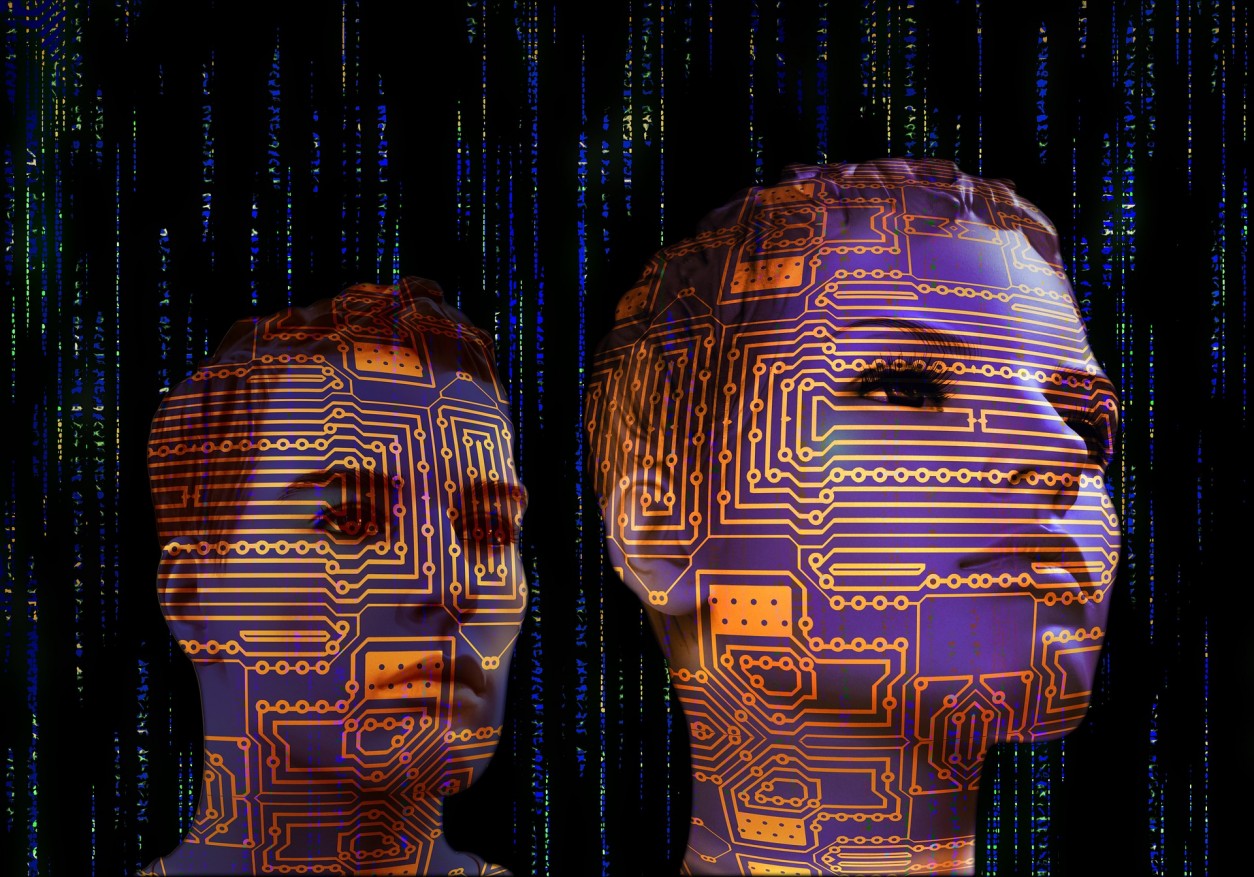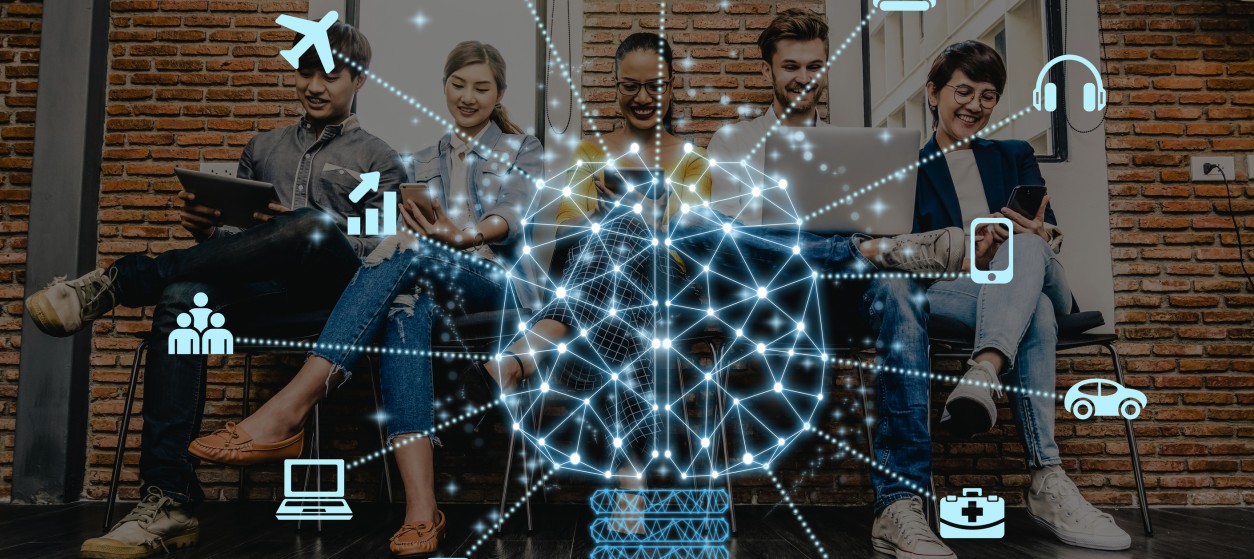Most of us probably haven’t yet seen someone reading the newspaper while he/she drives to work, but the day is not far when we will. Artificial intelligence (AI) being at the core of self-driving cars is all set to make it a reality one day. And that day can be just around the corner.
Google’s self-driving car project and Tesla’s “autopilot” feature are perhaps the best examples to demonstrate how AI, the ability in a machine to gradually self-learn and improve the way humans do, can transform tomorrow’s world.
While sceptics do often heap doubts on the role of AI, its potential to transform customer service is not a hidden truth. CIOs should not make a mistake by presuming AI as a futuristic technology. It will significantly harm the interests of their company.
Instead AI has begun to change the way businesses present themselves to their existing and prospective customers. Its actual impact on many business and social requirements is very much perceived. In many cases, it has begun to empower organizations by helping them to become better, deliver quality services and achieve customer delight.
The Time is Now
AI can easily gel with your existing processes and start yielding positive results in more than one way. Hence disregarding the role of AI might leave allow your competition to step ahead as we all know that handling and managing customers is an extremely important job. As an IT head, you must endeavor to solve business problems primarily related to customers using the best of techniques available such as AI. CIOs and IT departments can test AI in their IT environments to understand its potential.
The case of implementing AI in your organization grows stronger when CIOs have to outline the benefits of the latest tools and techniques in their organizations. A smart business is the one which is ever active in achieving the customer delight of each customer. AI has the potential to bring down the complexities in the business processes which often is the result of poor complaint handling. A frustrated customer can lead to bad publicity in today’s hyper social active world. The consequences can be formidable. A palpable business loss, which is surely not a desirable thing, is very much revealed in a survey.. A NewVoiceMedia study suggests that the US companies with poor customer service are losing a whopping $41 billion a year. The survey further underlines that 44 percent of U.S. consumers are taking their business elsewhere as a direct result of poor service. Isn’t it a nerve-wrecking number.
The onus is often on the IT departments to come up with a solution which can improve critical aspects such as customer service. AI is recommended as panacea for the customer service.
The Scope of AI
AI and deep learning also promise a huge shift for organizations from myriad verticals, be it healthcare, retail, pharma, financial services, ecommerce, manufacturing or government. The emergence of concepts such as AI as a Service (AiaaS) in the last few months is further opening up avenues of mid-size companies.
The AI market is estimated to grow from USD 419.7 Million in 2014 to USD 5.05 Billion by 2020, at a CAGR of 53.65% from 2015 to 2020, estimates a study by MarketsAndMarkets. The study further reveals that “with the rise in adoption of AI in the media & advertising, retail, finance, and healthcare sectors, the machine learning and natural language processing technologies are expected to play a key role in propelling the growth of the AI market in the next five years.”
Today there is barely any dearth of AI use cases, which means it is not a new kid in the town. While evaluating the use cases from other verticals, CIOs can scout for ways to deploy AI in their network. Advertising & media, finance, retail, healthcare, and law are a few sectors where AI is unleashing its impact..
However, healthcare is believed to be one of the biggest beneficiaries. According to an estimate, $400 million are being invested by healthcare firms in the AI technology. This figure is projected to grow to more than $3 billion by 2020, according to the data from the Beacon Center for the Study of Evolution in Action.
The majority of the activity around harnessing the technology is focused on bringing AI to businesses, not consumers whereas the key lies in consumer-oriented AI. Accurate insights could help firms to take customer experience at a whole new level.
Purchase Predictions Made Easy
CIOs and CTOs have the best opportunity to add predictability to their businesses, especially if there organizations are into retail and ecommerce.
E-tailers can make a lot of money if they can anticipate the consumer needs. One such example is Amazon’s anticipatory shipping project which hopes to send goods or items before you need them. It completely obviates the need for a last-minute visit to the online store. CIOs and CXOs of mid-size firms can replicate this in their environment. Use of advanced analytics, on pay-per-basis, can help them to take on large counterparts. Intelligent insights gatheered through the data on their network or over the web can help them in predicting what the prospective customers need.
AI can be used in a wide variety of ways. Informed decision-making will trigger your business as you can satisfy your customers at much faster pace.
Brick-and-mortar retailers use AI in a rather different way. They send consumers coupons, offer discounts and target advertisements, etc. Most of it is system-generated thorugh an algorithm which analyses the organizational data.
Enhancing Online Customer Support
The power of AI can be gauged from the fact that many websites offer customers the opportunity to chat with a customer support representative—but not every website infact has a live representative on the other end of the line. In most cases, customers interact with a rudimentary AI. CIOs can add this AI ability to enterprise websites. This feature can increase customer engagement with the company. Chat bots powered by AI are able to extract information from the website and communicate to a customer like a human (customer care executive) does.
As the AI further evolves, chat bots are supposed to become intelligent. They will be able to respond to most of the customer queries. The self-learning ability will reduce the manpower burden on mid size organizations thereby saving money. Rapid advances in natural language processing (NLP) are set to make AI stronger over a period of time. And this is the right time to go about using AI in your company.










